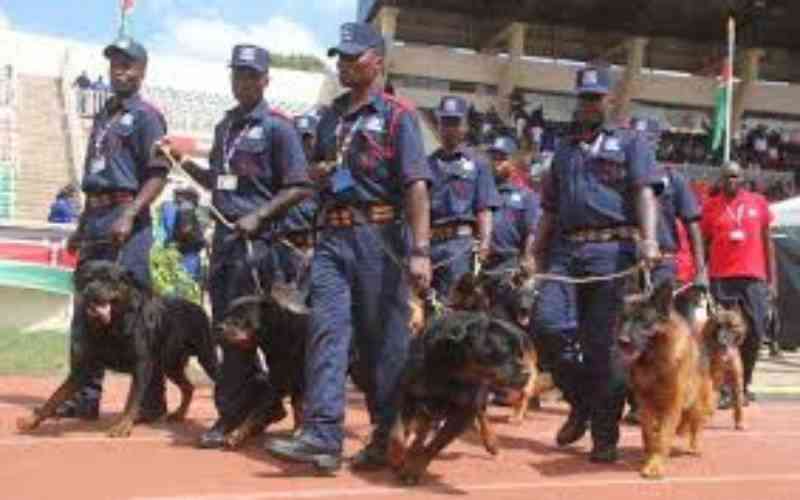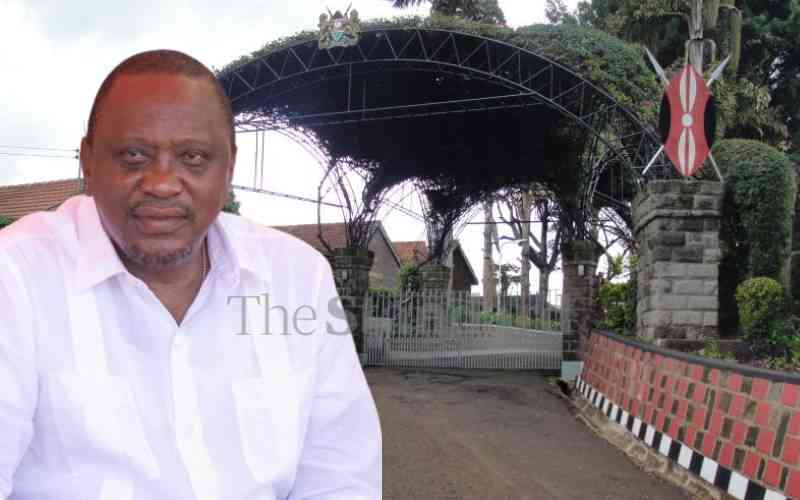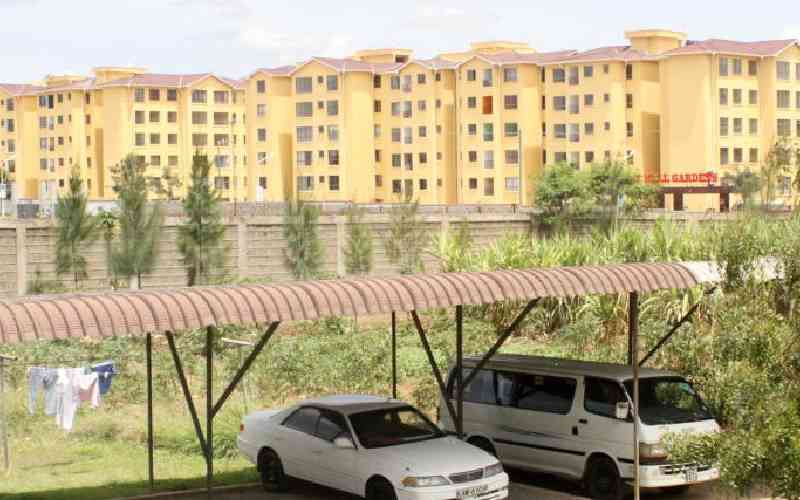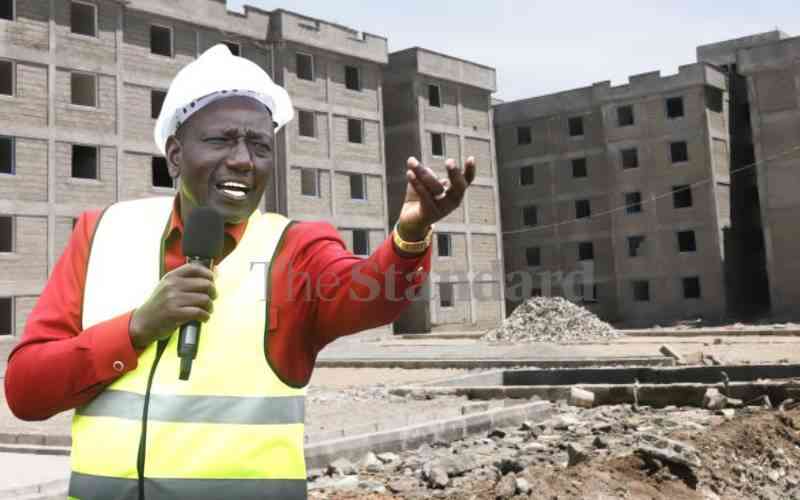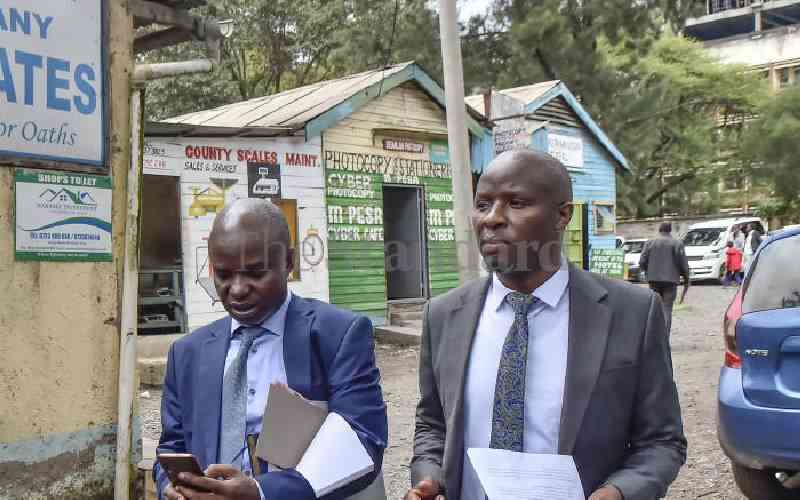Plans for Canadian residents to use facial scans to enter their buildings have sparked criticism from privacy campaigners calling for changes to the country’s aging data protection laws.
Canadian real estate firm 1Valet says facial scanning helps keep tenants safe by preventing unauthorised access to buildings and by keeping track of those who do enter.
But data rights groups warn the growing use of facial recognition technology by private companies is an invasion of privacy, and underscores the need to modernise Canada’s legislation on the collection and use of personal information.
“Canada’s privacy laws are 30 years old. They are not adequate,” said Sharon Polsky, president of the Privacy and Access Council of Canada, a campaign group based in Calgary. “These technologies are completely unregulated.”
The rise of cloud computing and AI technologies have popularised the use of facial recognition globally, from tracking criminals to unlocking smartphones.
But as cameras appear at unlikely spots across the globe, activists raise fears about lost privacy and say society might be on the doorstep of a dystopia where Big Brother sees all.
In February Canadian authorities launched an investigation into New York-based Clearview AI to determine whether the firm’s use of facial recognition technology complies with the country’s privacy laws.
Several police forces in Ontario have acknowledged they used Clearview’s services - which bills itself as a tool for law enforcement, scraping the internet for publicly available photos and using facial recognition to identify potential suspects.
For Brenda McPhail, privacy director at the Canadian Civil Liberties Association, “these kinds of ‘smart technologies’ are increasingly being embedded in building infrastructure,” particularly in booming property markets like Toronto.
“Before we say ‘shiny, high-tech, cool’ we should ask if we are comfortable with what we are giving up ... privacy and our ability to be a face in the crowd,” she said.
A spokesman for 1Valet, Hugo Moreira, said facial recognition is only used in a building's common areas, not inside anyone’s home.
The images of all tenants and visitors, which the company stores for at least six months, are protected from hackers by “bank-level encryption”, he added.
 The Standard Group Plc is a
multi-media organization with investments in media platforms spanning newspaper
print operations, television, radio broadcasting, digital and online services. The
Standard Group is recognized as a leading multi-media house in Kenya with a key
influence in matters of national and international interest.
The Standard Group Plc is a
multi-media organization with investments in media platforms spanning newspaper
print operations, television, radio broadcasting, digital and online services. The
Standard Group is recognized as a leading multi-media house in Kenya with a key
influence in matters of national and international interest.
 The Standard Group Plc is a
multi-media organization with investments in media platforms spanning newspaper
print operations, television, radio broadcasting, digital and online services. The
Standard Group is recognized as a leading multi-media house in Kenya with a key
influence in matters of national and international interest.
The Standard Group Plc is a
multi-media organization with investments in media platforms spanning newspaper
print operations, television, radio broadcasting, digital and online services. The
Standard Group is recognized as a leading multi-media house in Kenya with a key
influence in matters of national and international interest.

